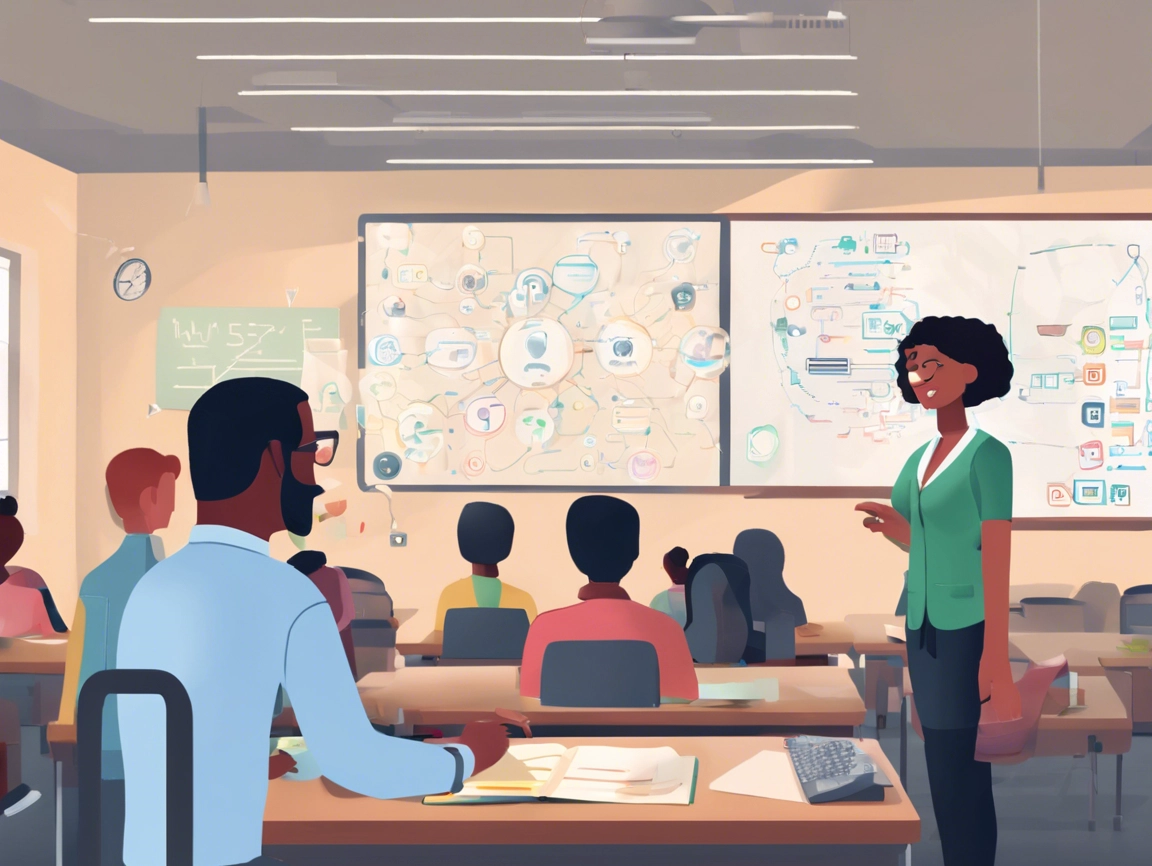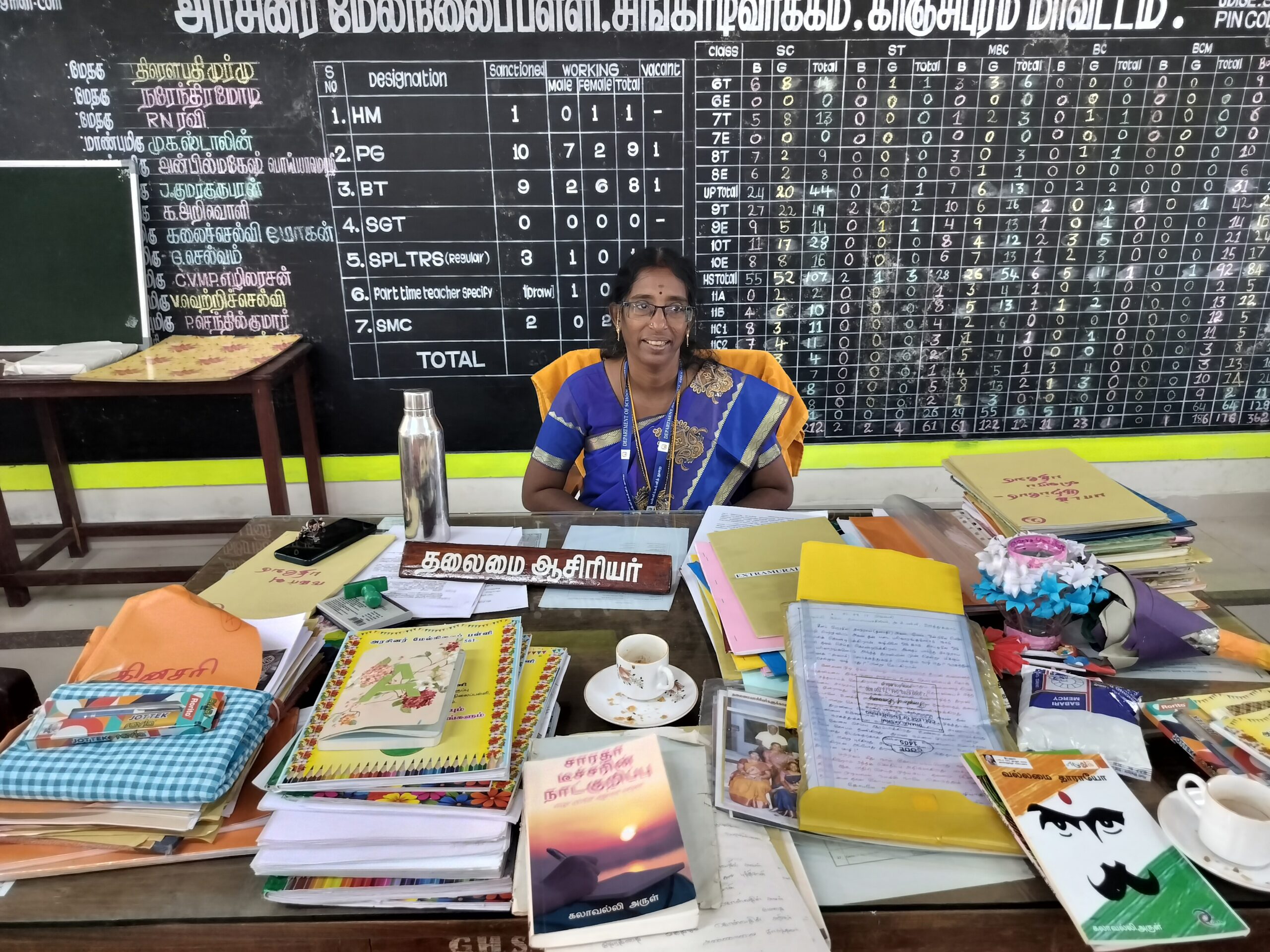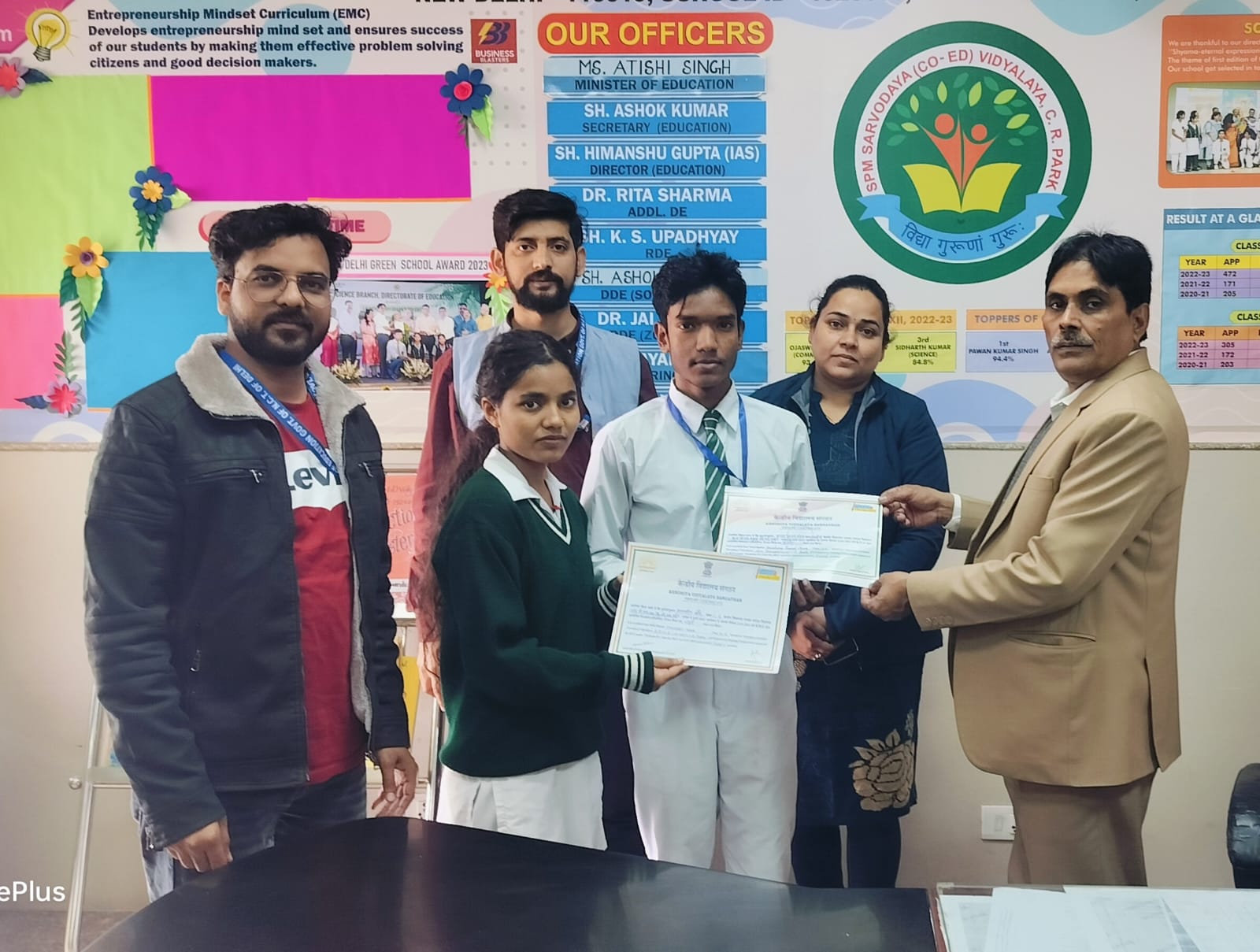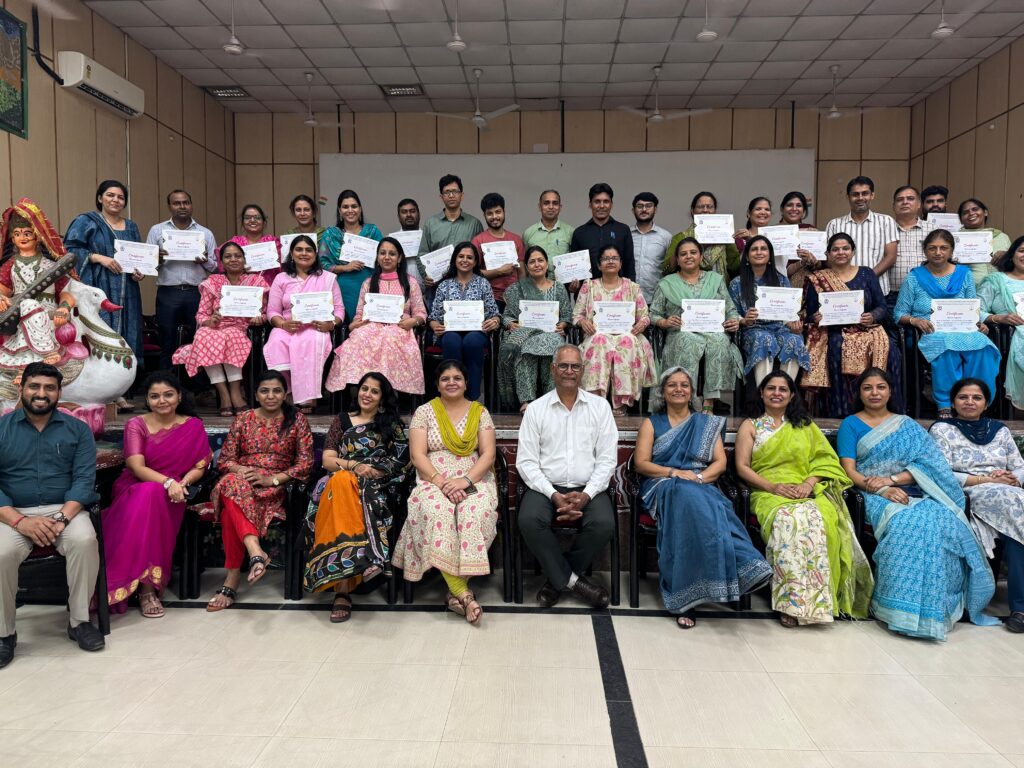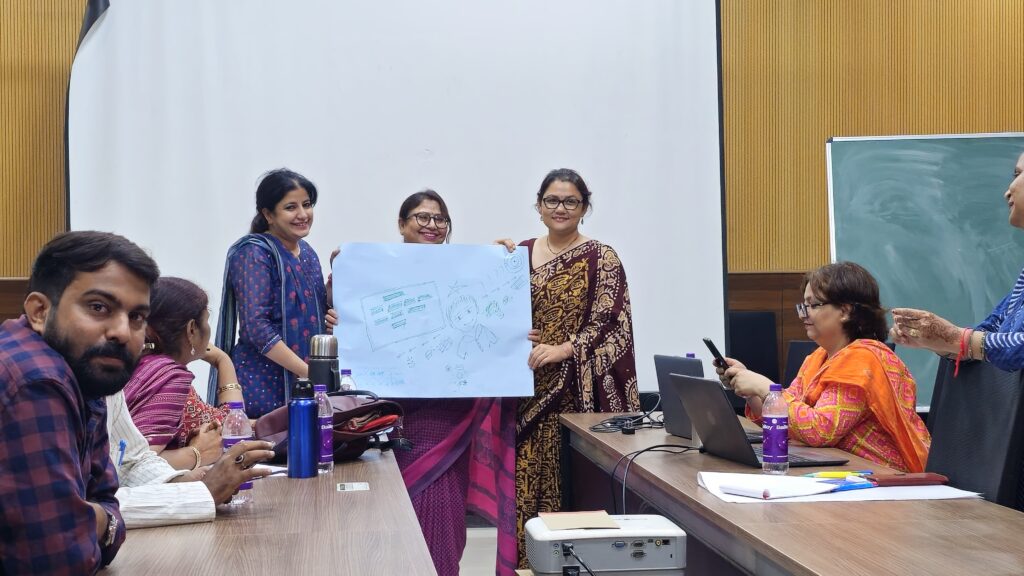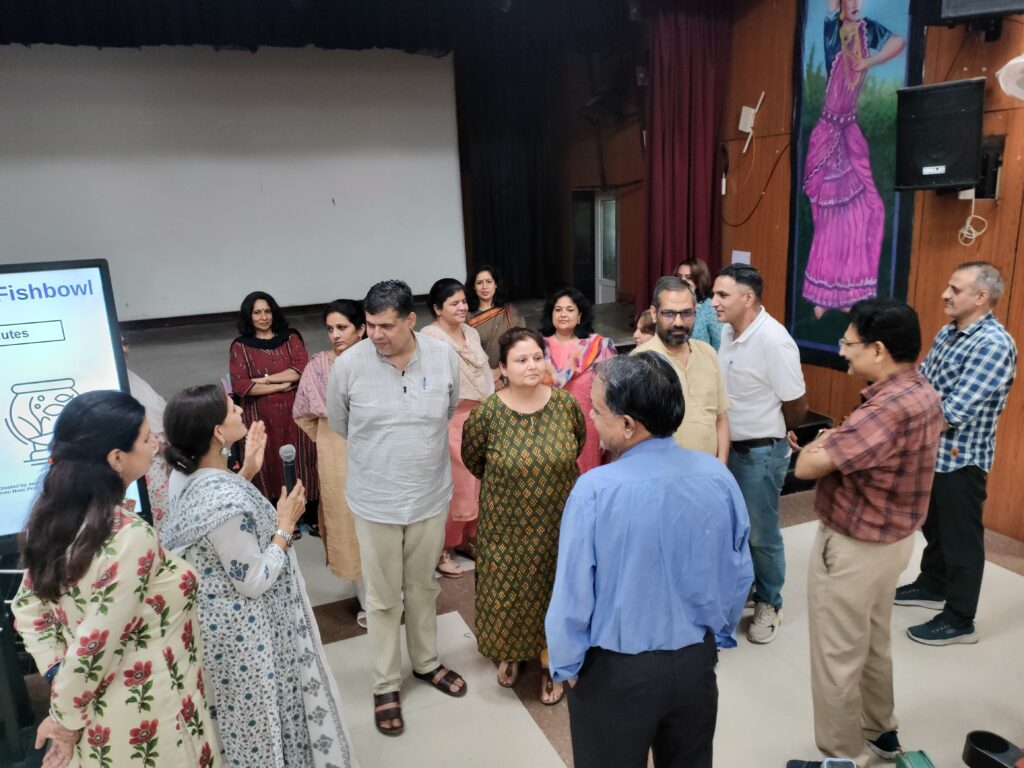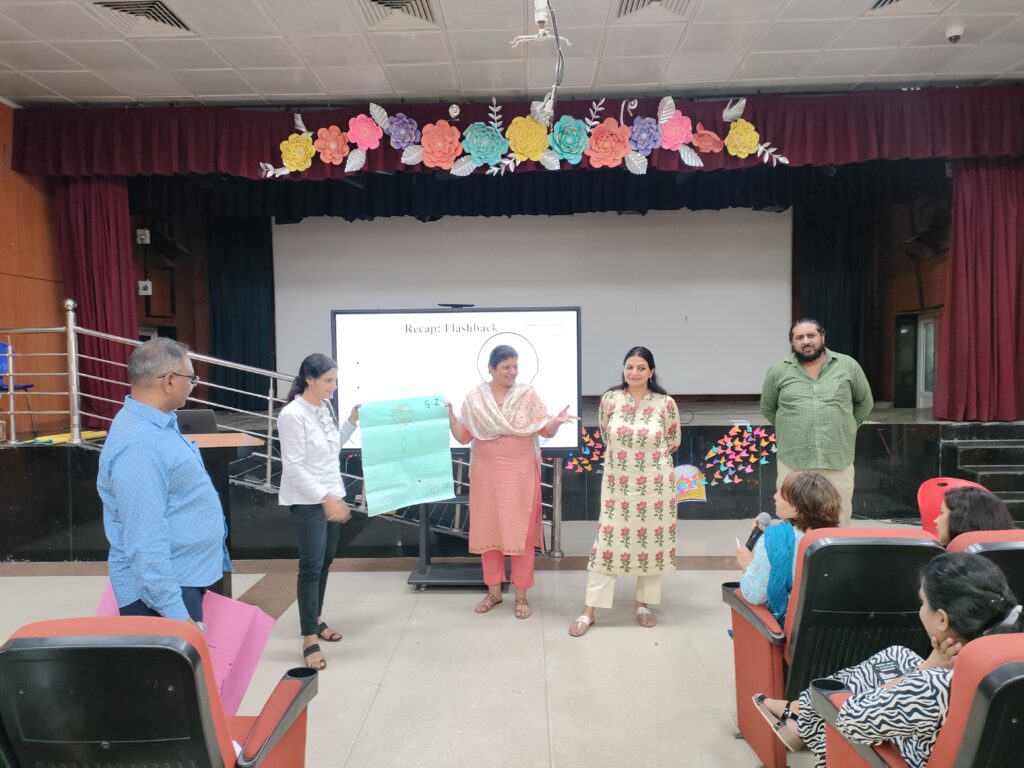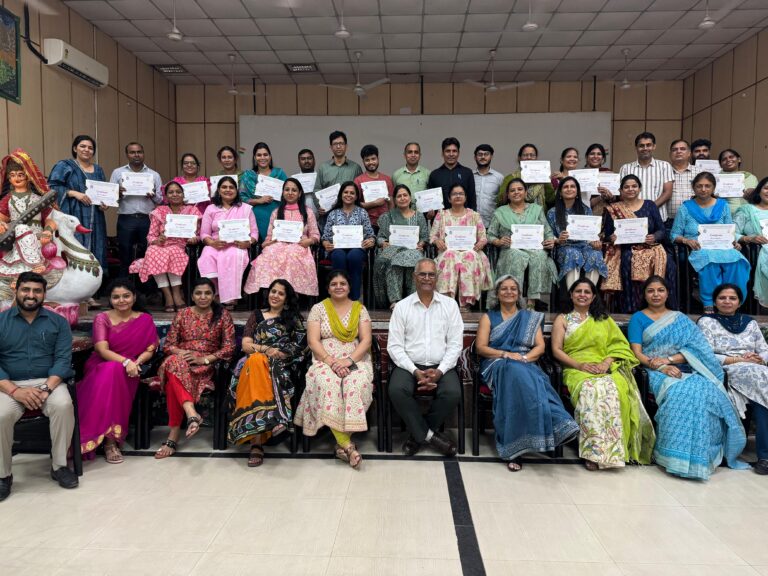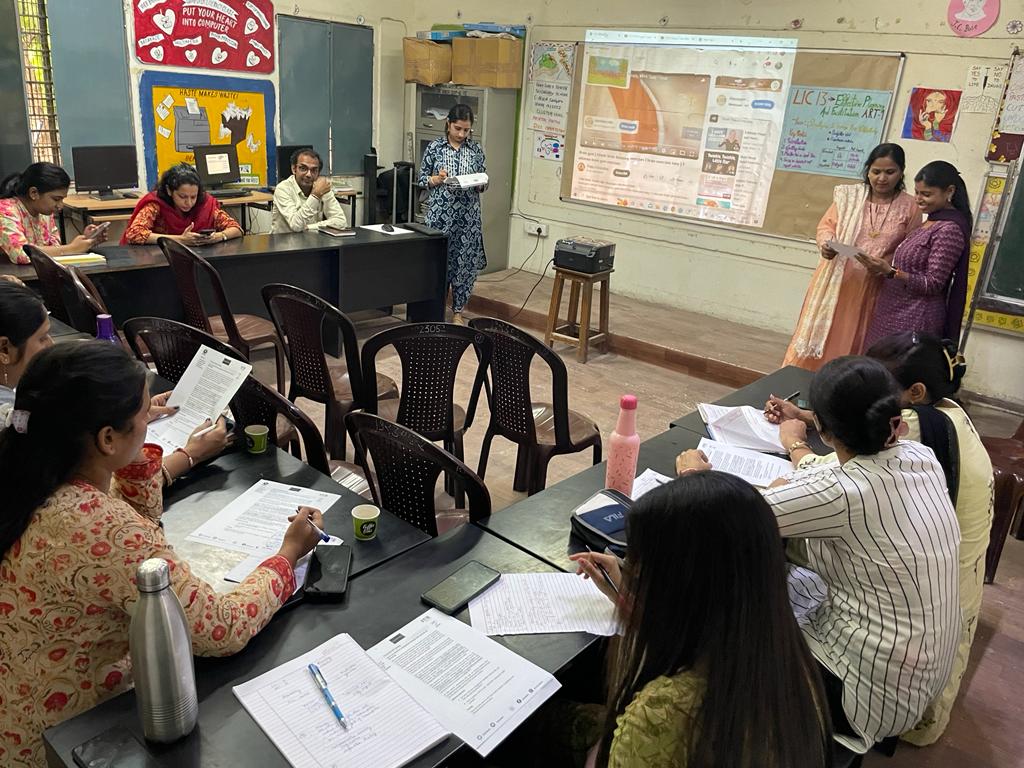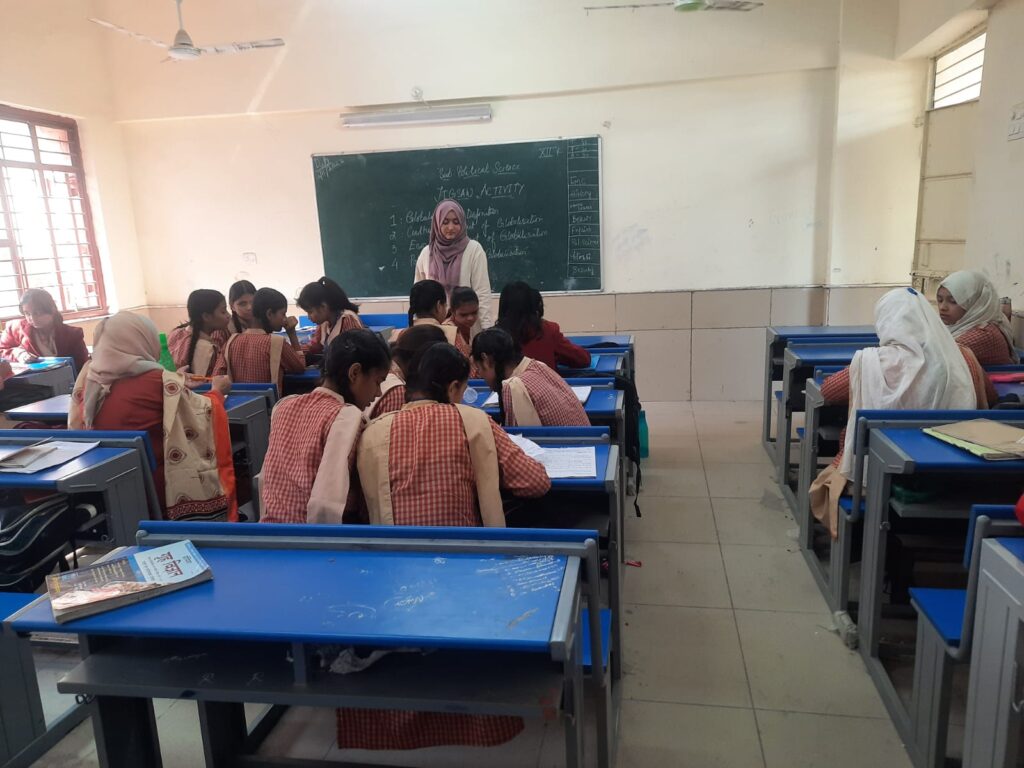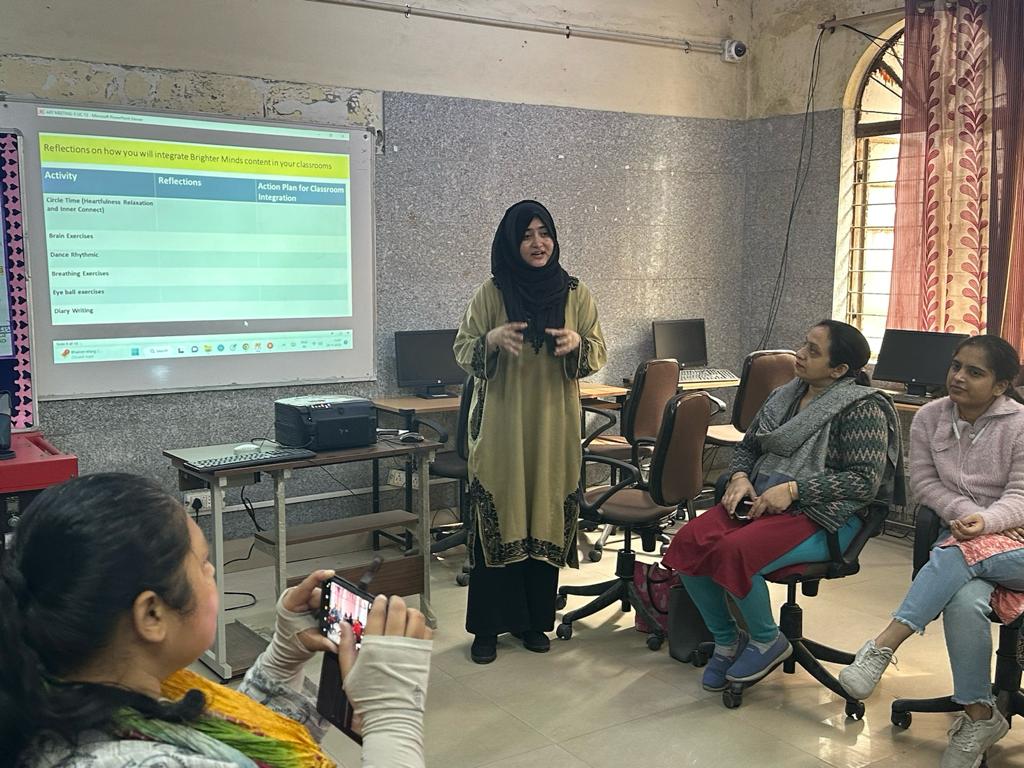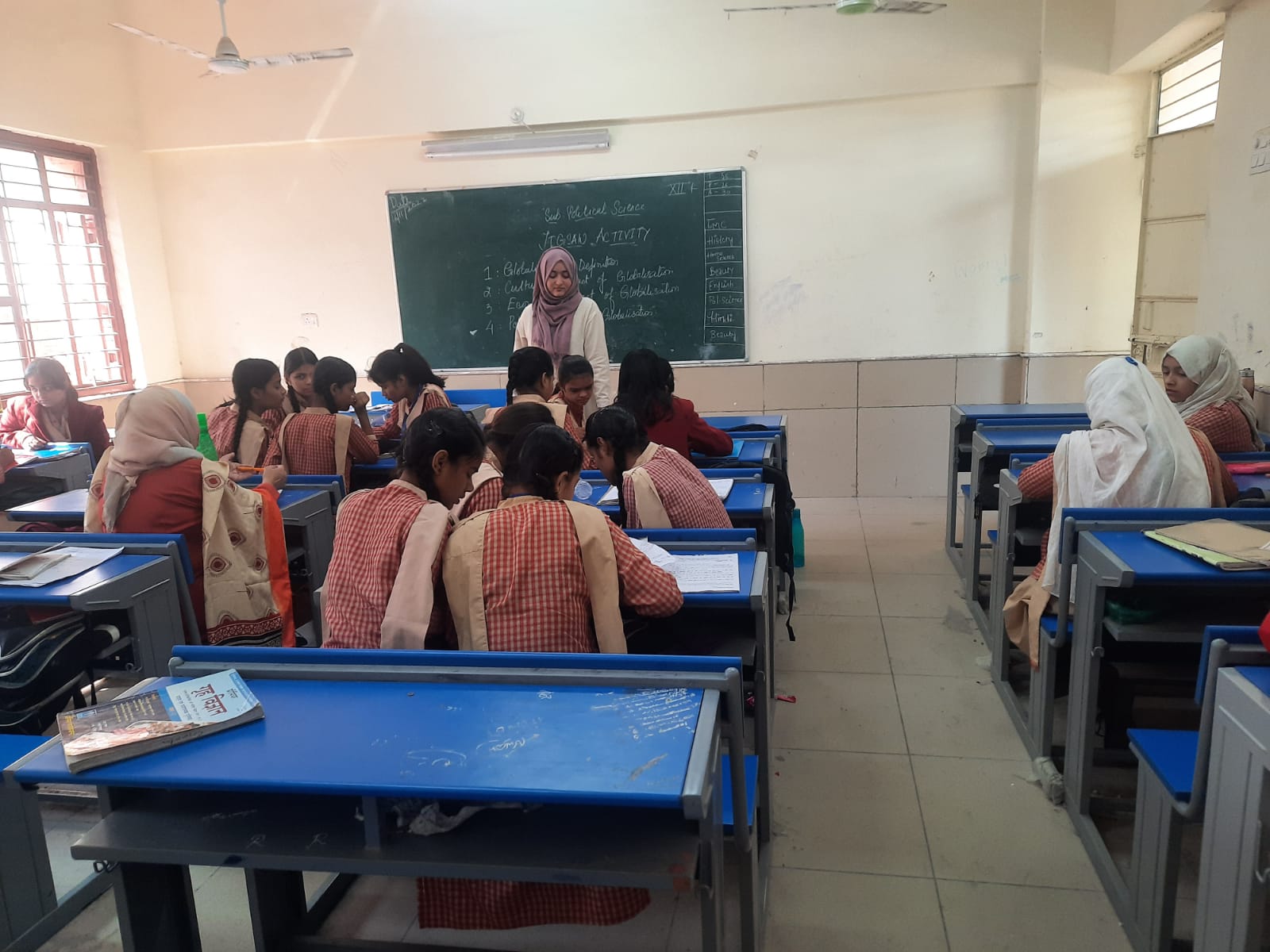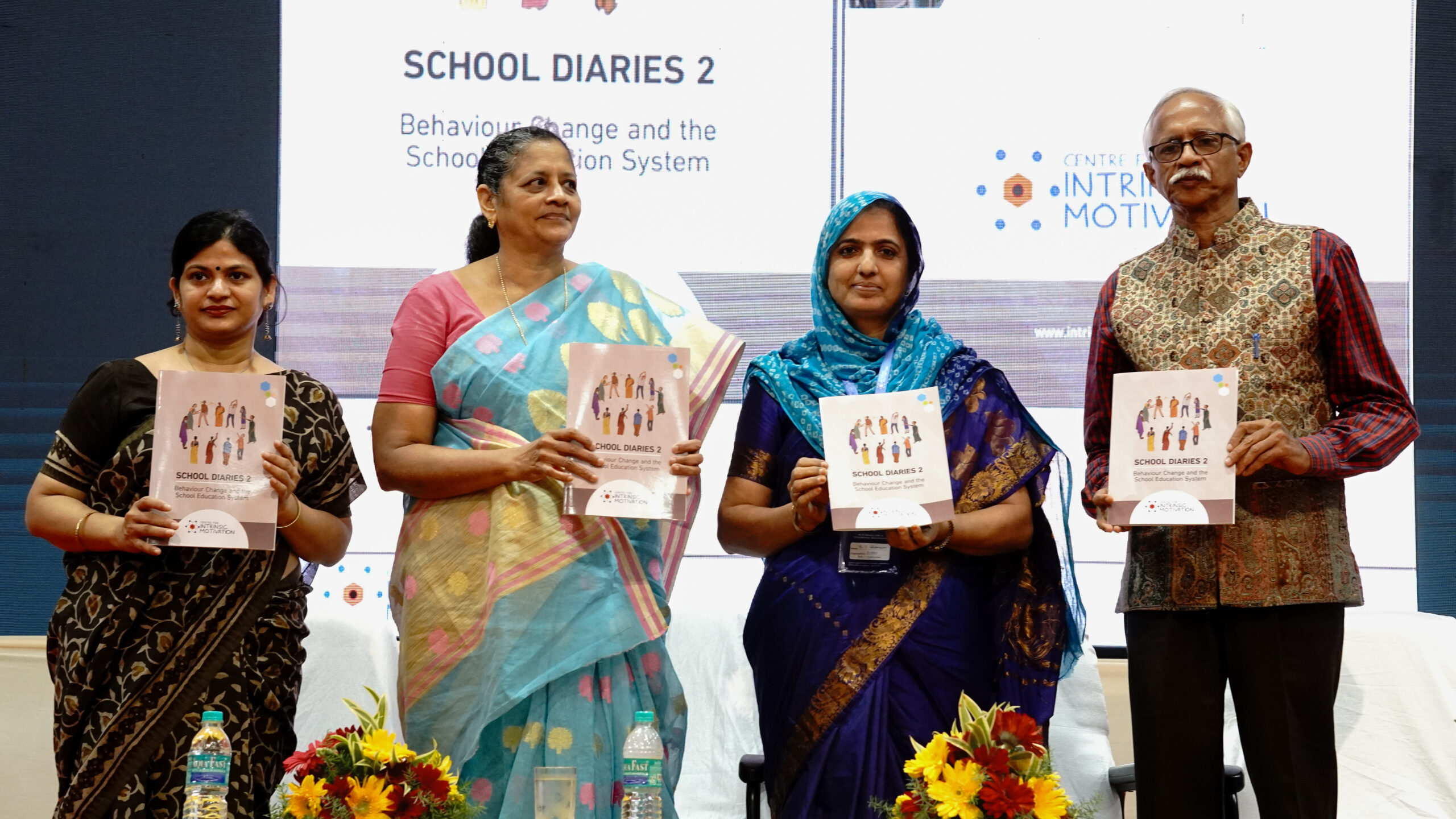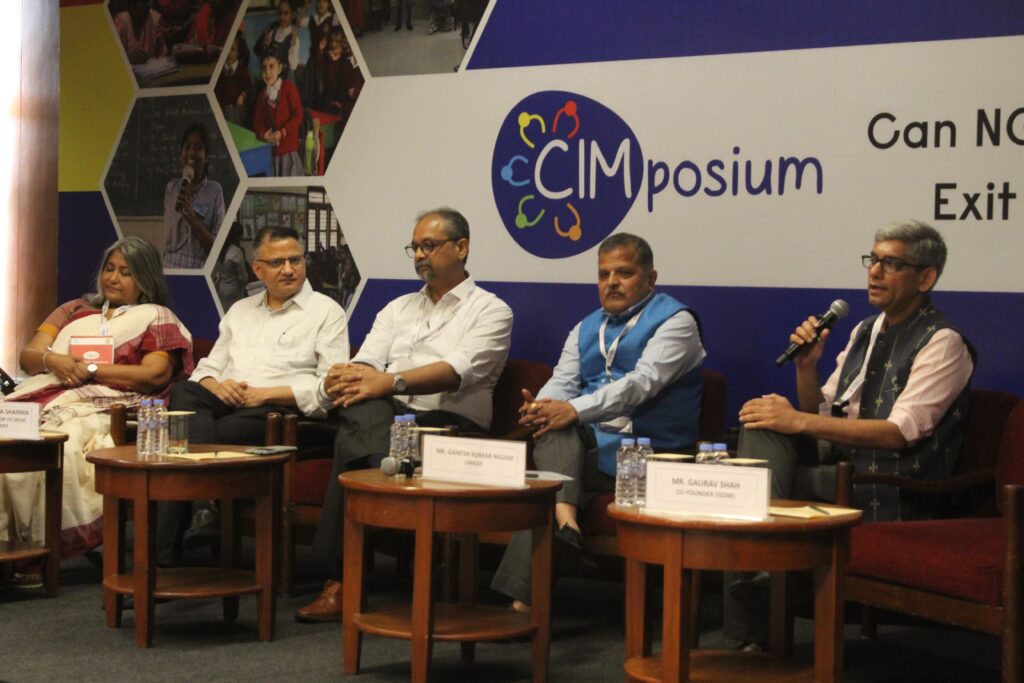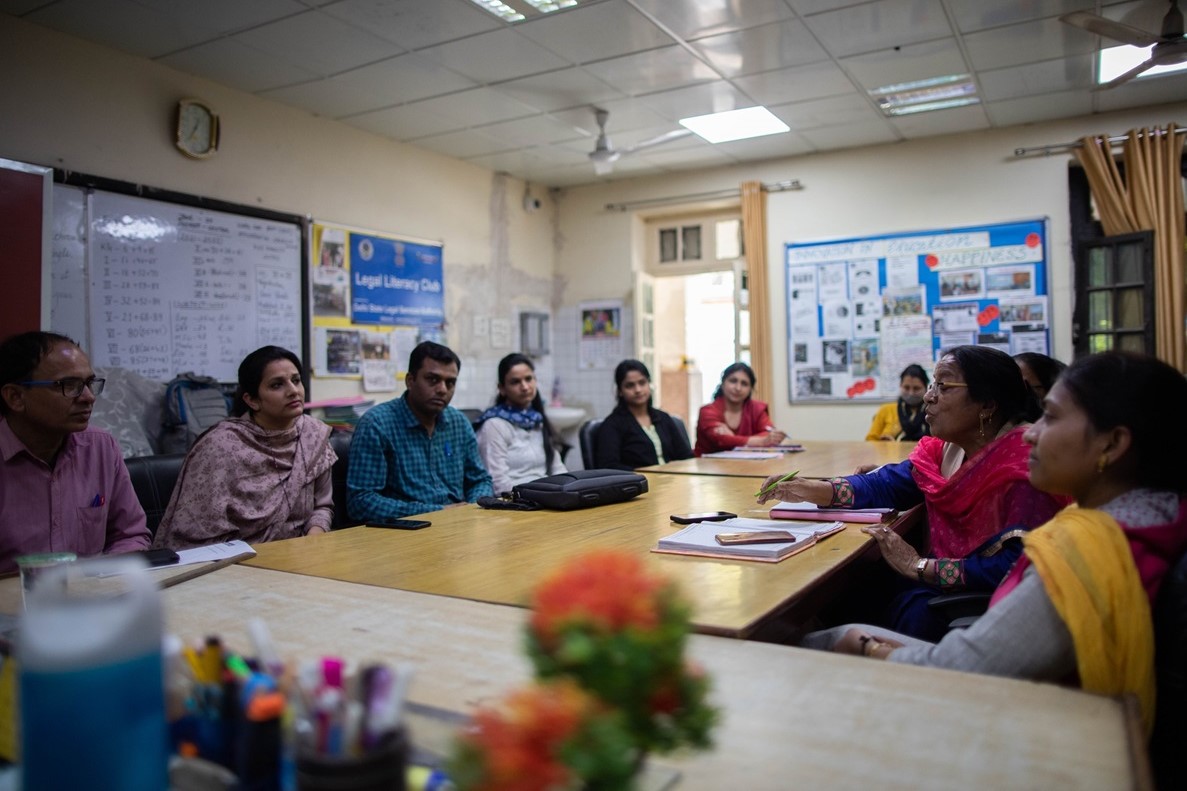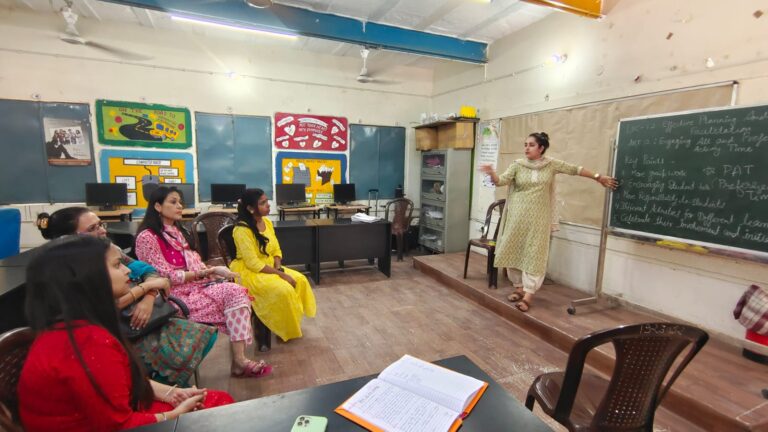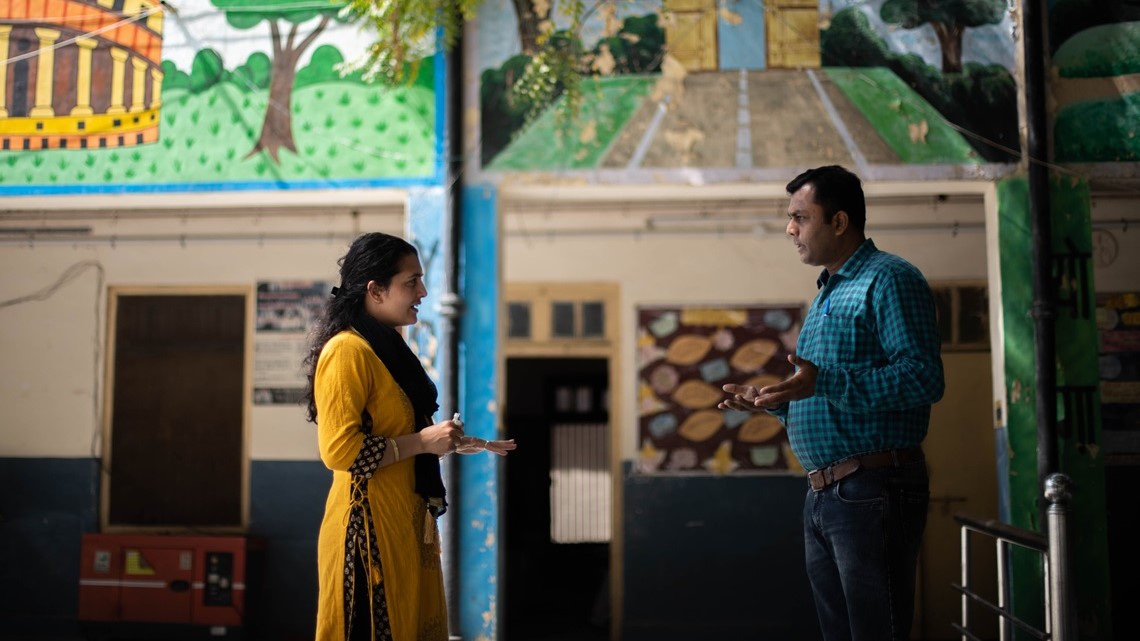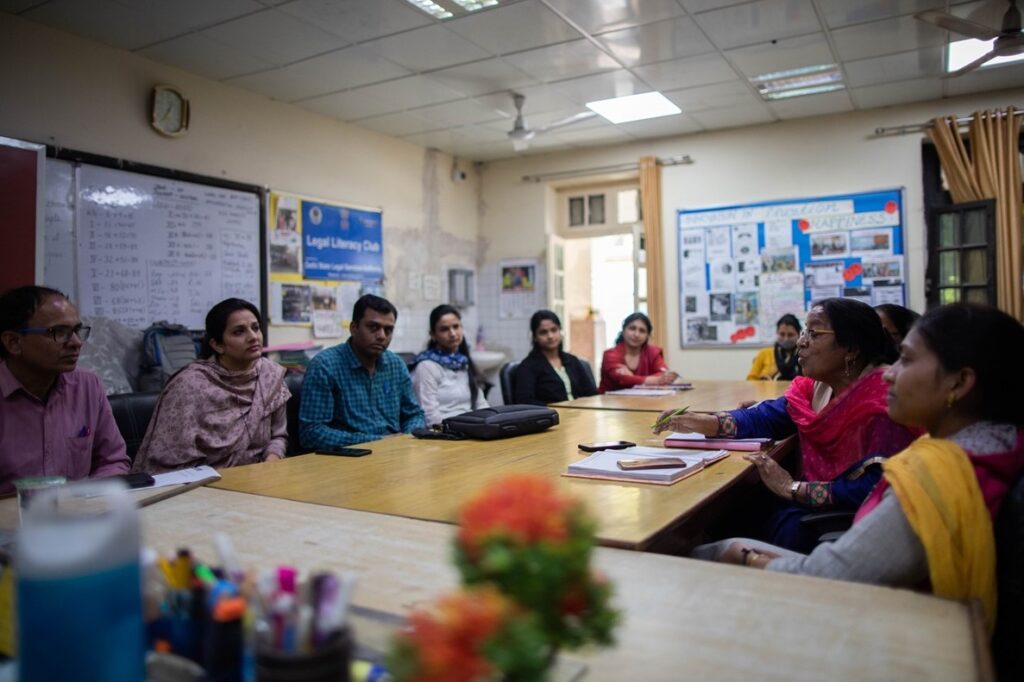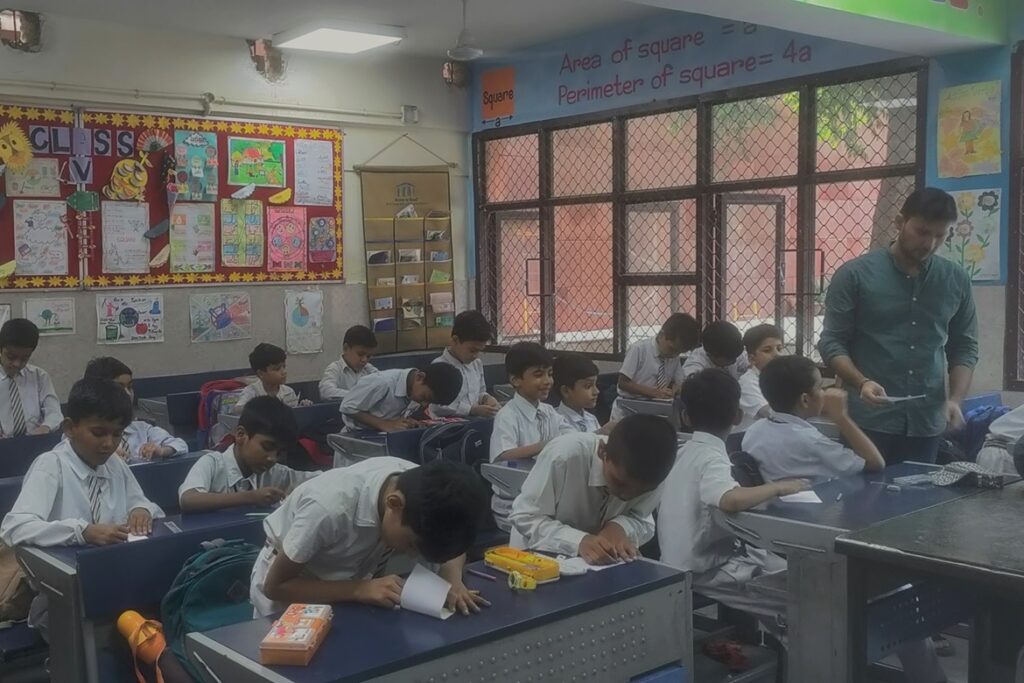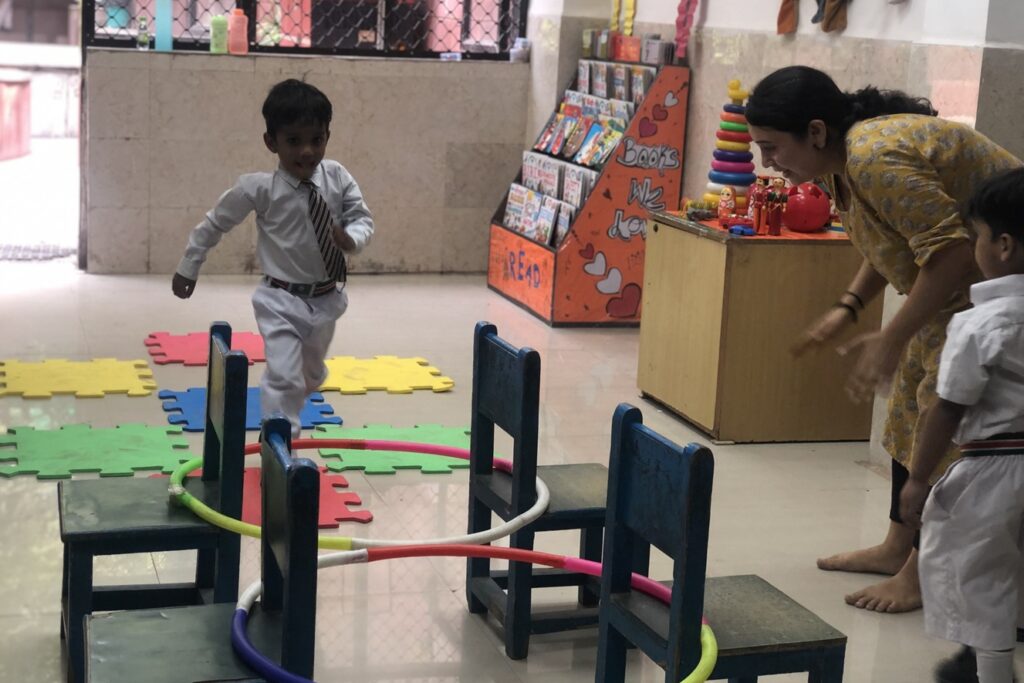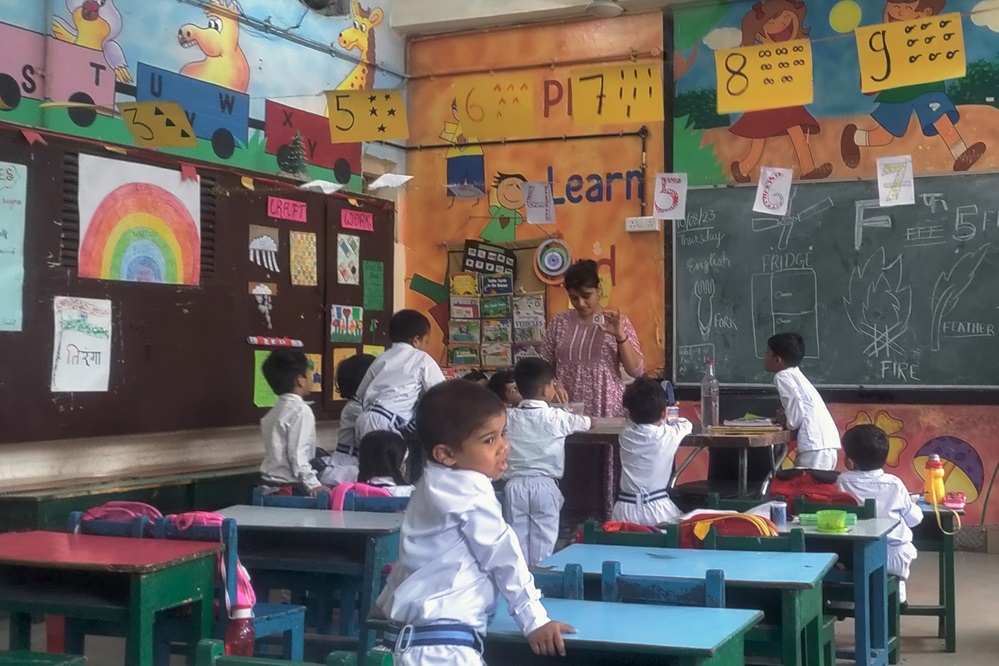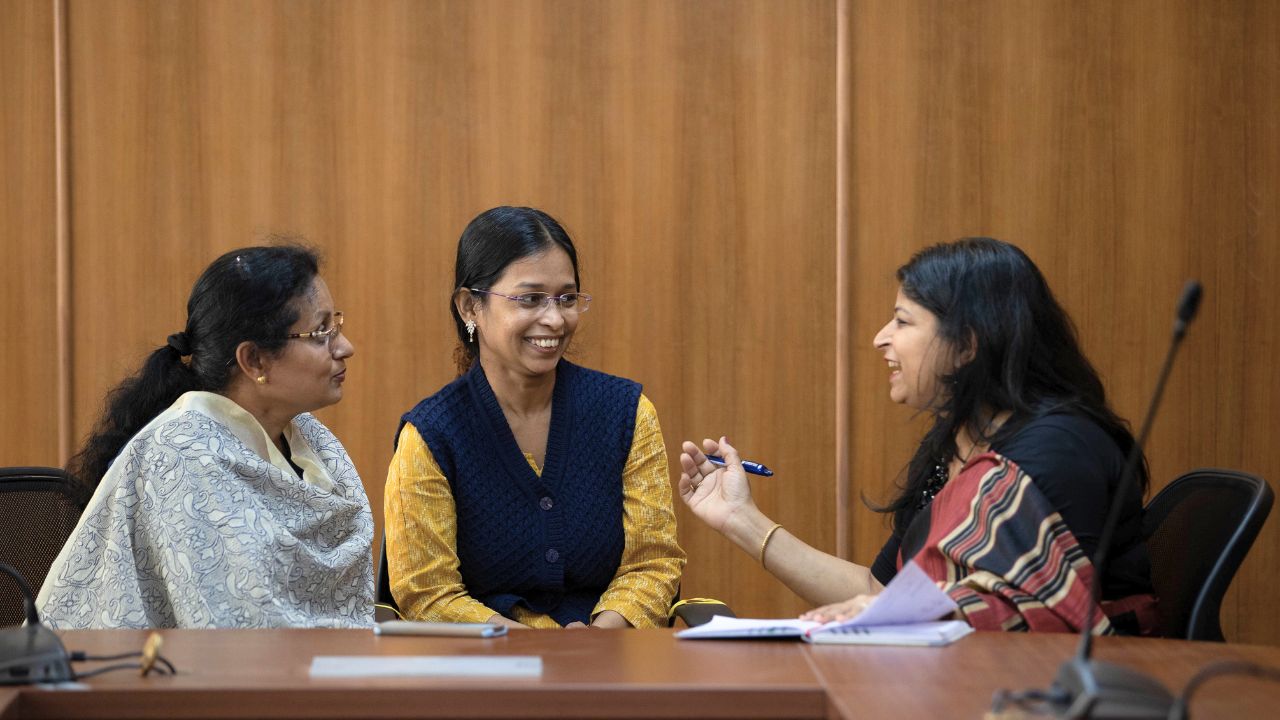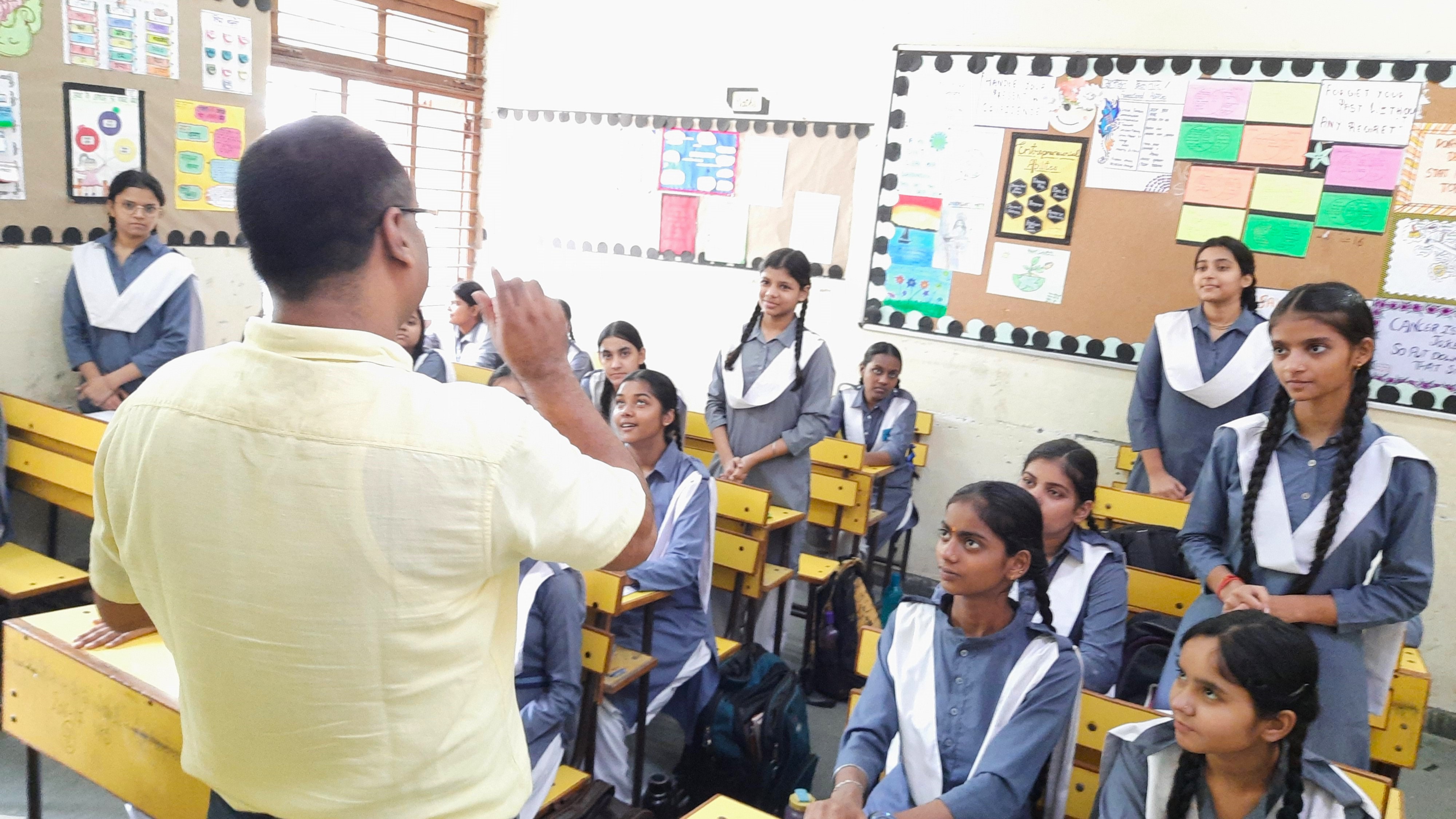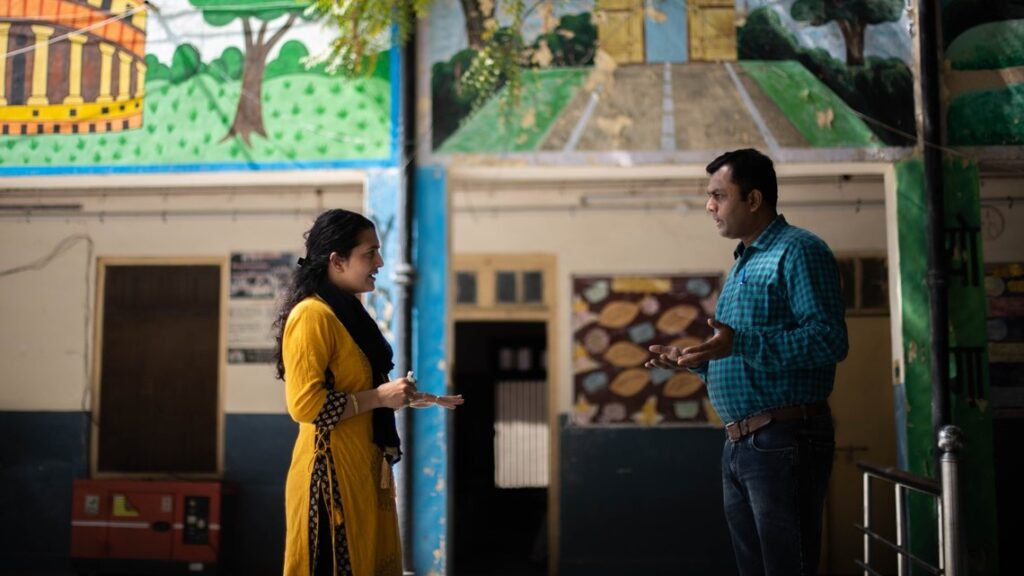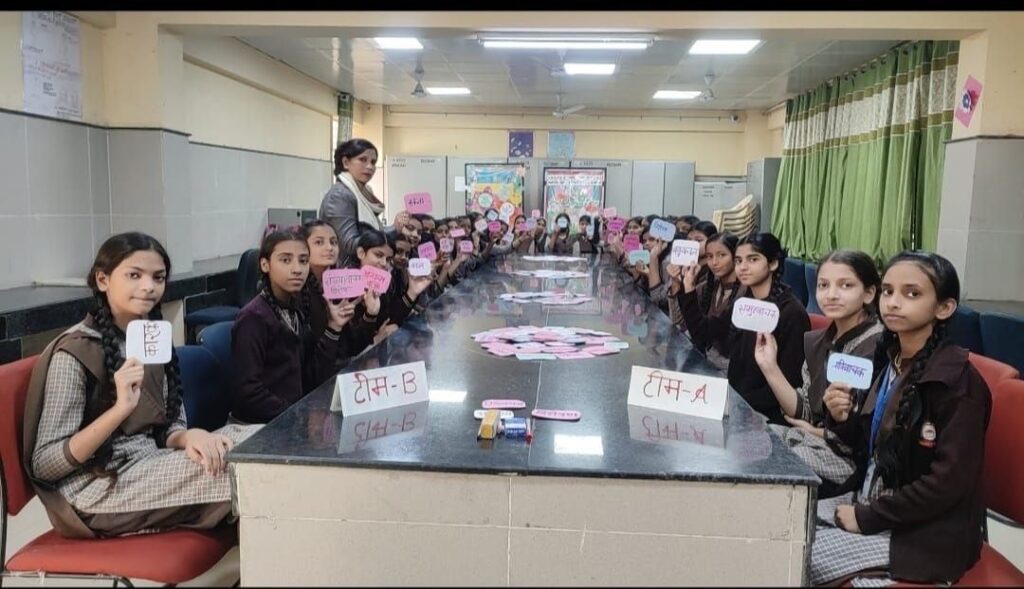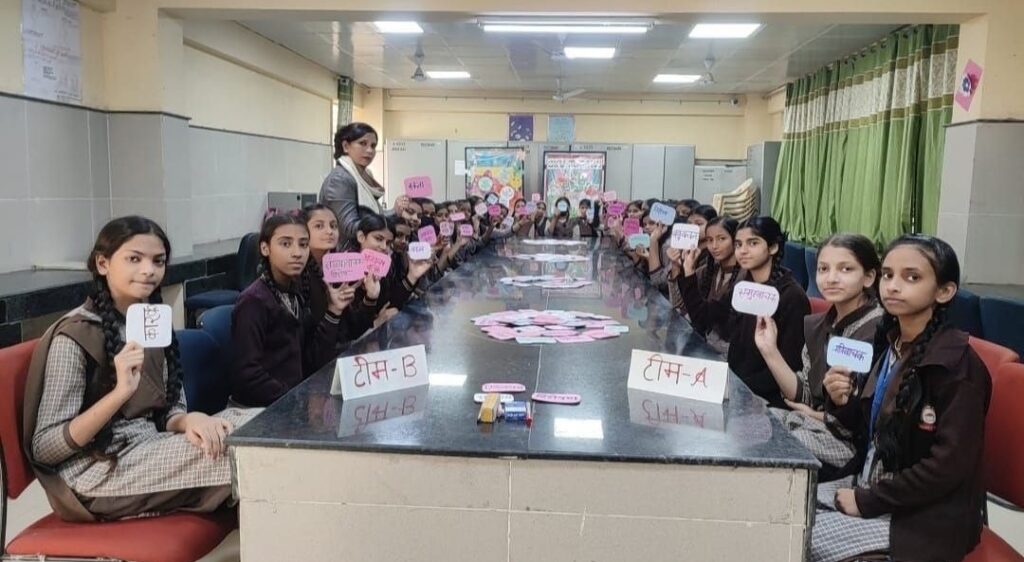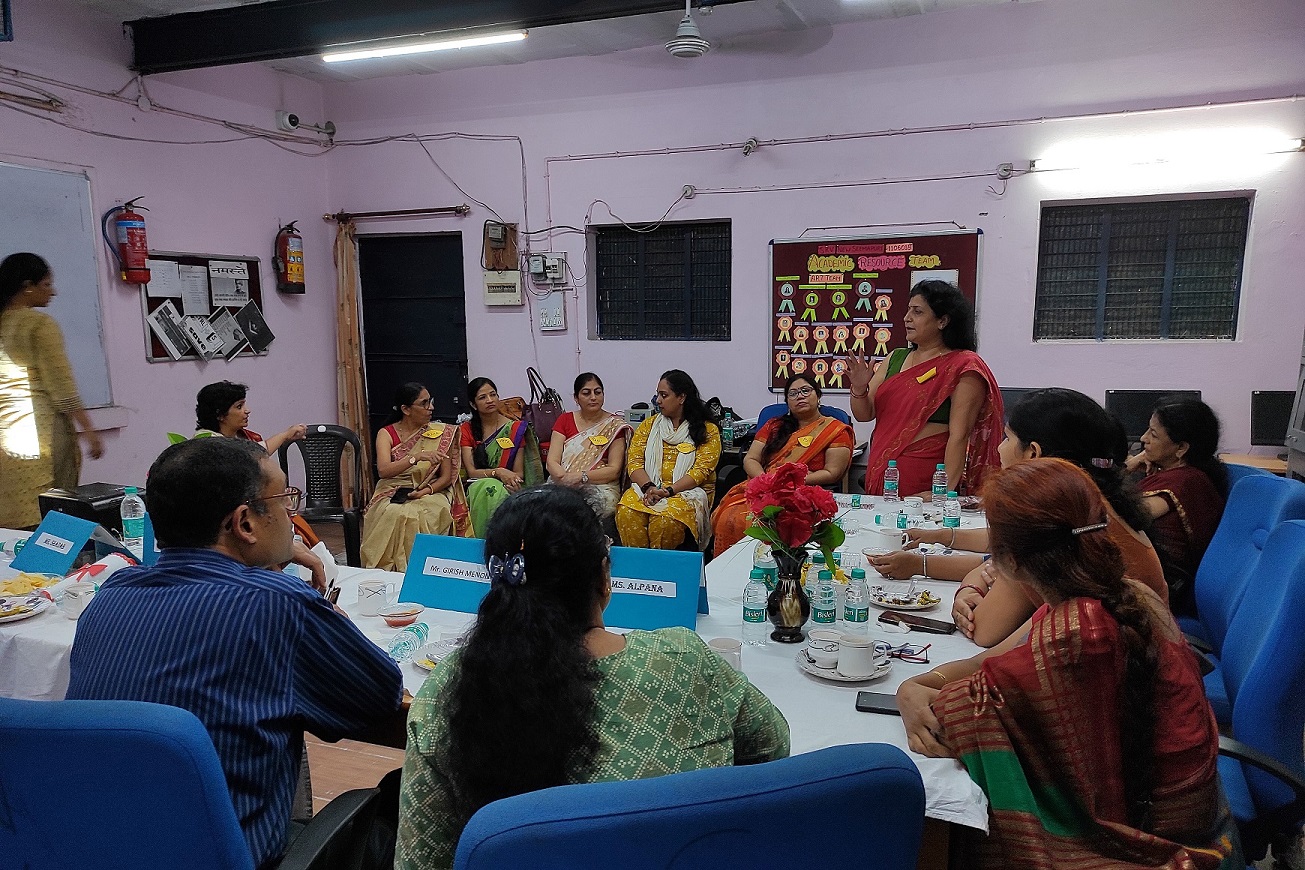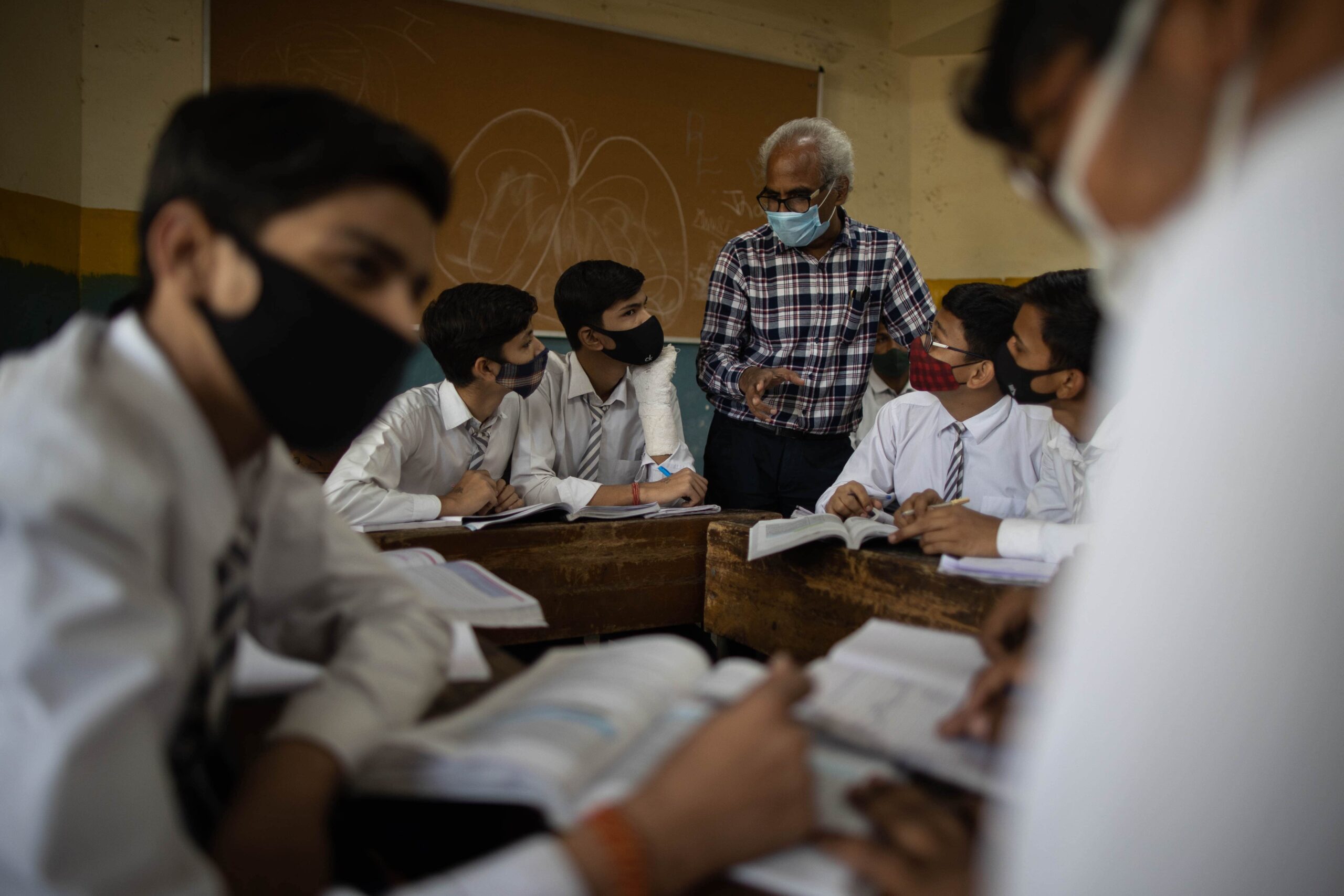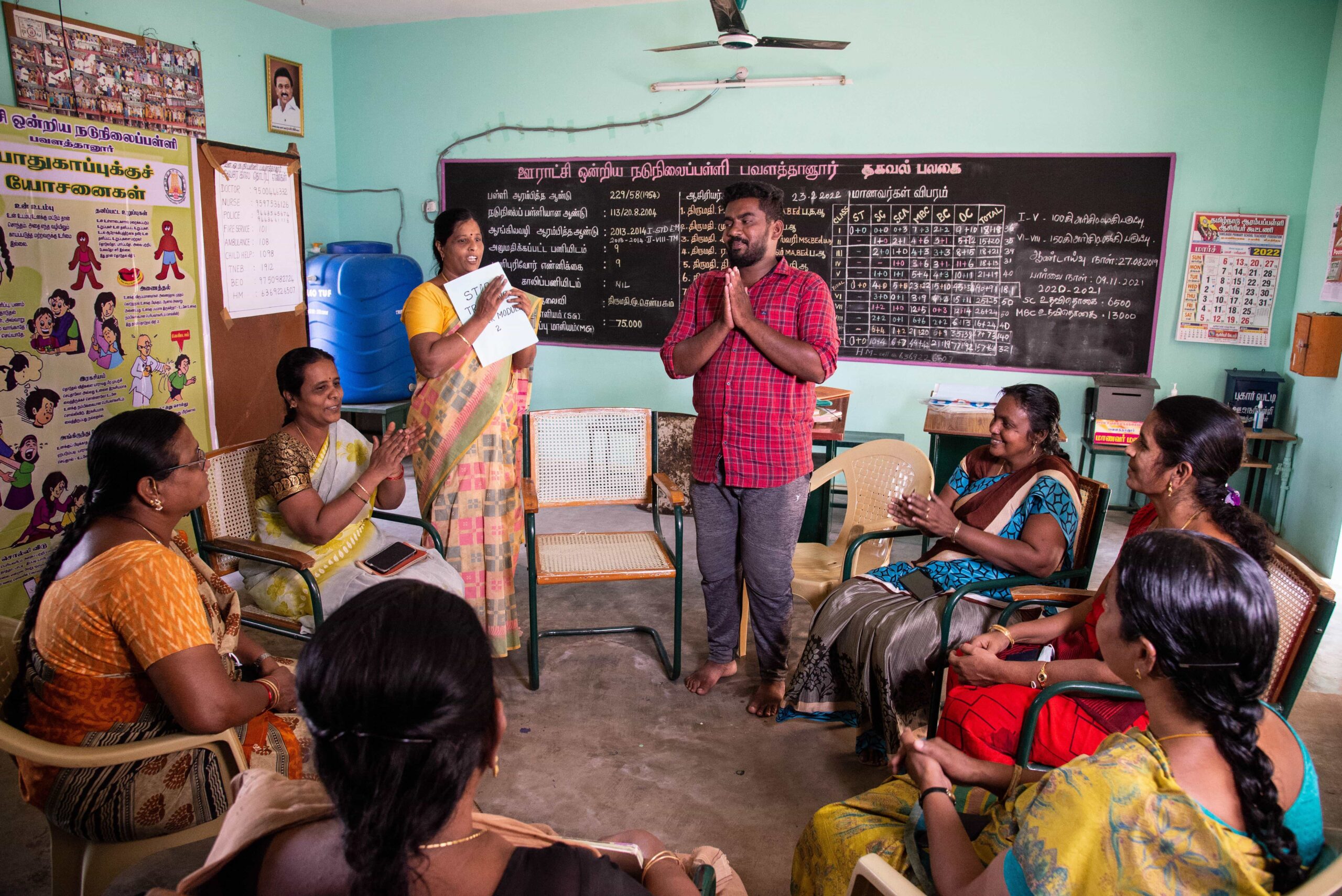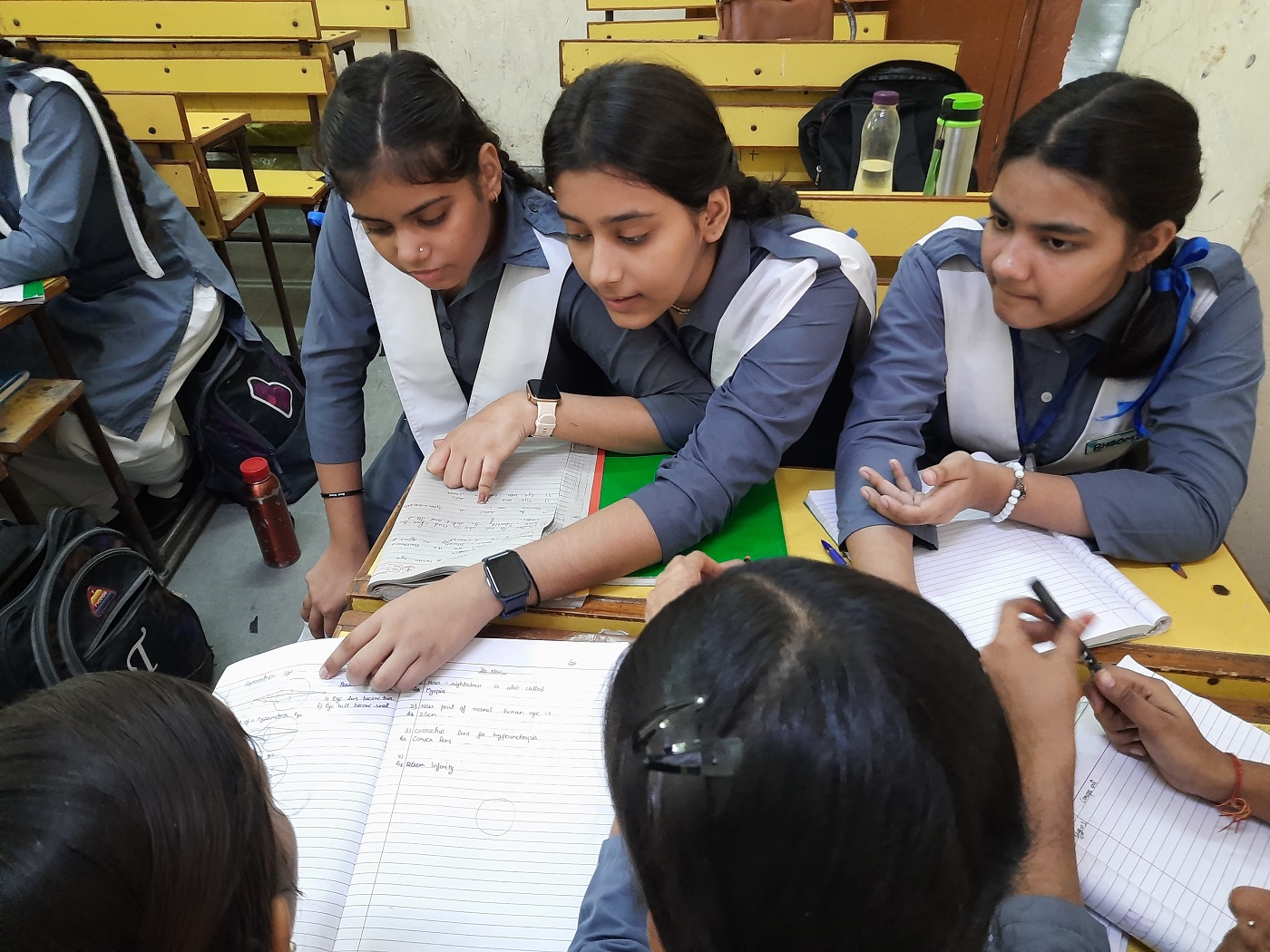A Journey of Dedication and Change: Mr. Chetan Kumar Verma’s Educational Impact
Shreya Jain
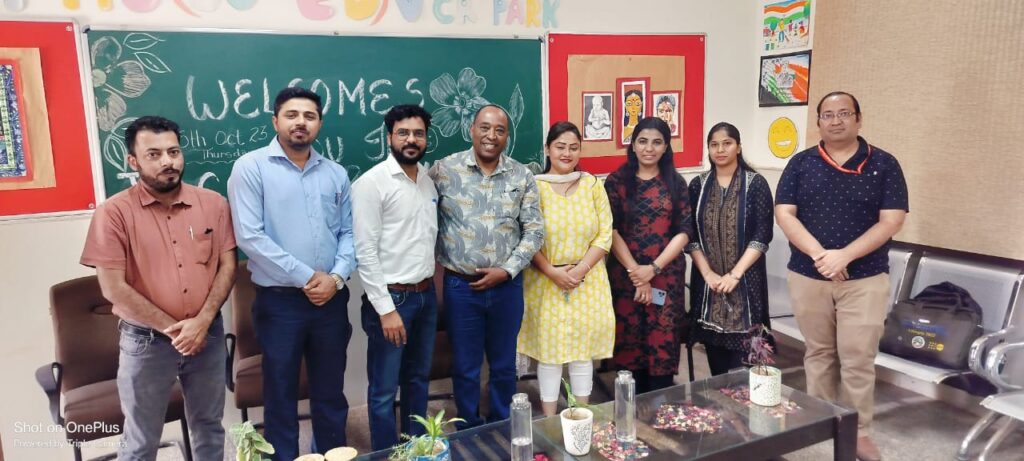
“Every child deserves a champion: an adult who will never give up on them.” – Rita Pierson
Have you ever encountered an educator who not only imparts knowledge but also ignites a fire within their students? Let me introduce you to Mr. Chetan Kumar Verma, whose inspiring journey as a teacher and mentor is an example of human connection and dedication.
In July 2022, Chetan sir embarked on his teaching career as a Political Science lecturer at SPM Sarvodaya Vidyalaya, CR Park, under the Directorate of Education, Delhi Government. Adapting to the new work environment took time, but with perseverance and dedication, he found pride and accomplishment in his role.
During his nearly two-year tenure, he encountered numerous hurdles, like having a new work culture, new roles , new responsibilities, diverse students and challenges associated with them, etc. However, the support and guidance from the school principal, mentor and colleagues enabled him to navigate these challenges effectively. In January 2023, he was given the responsibility of Teacher Development Coordinator (TDC). This dual role as a TDC and teacher presented both ordinary and extraordinary challenges.
“A person who never made a mistake never tried anything new,” as Albert Einstein said, and this was certainly true for him. One significant experience that validated this quote was when he became the class teacher for 12th grade. He observed a wide range of individual differences among the students. Some struggled academically, had low attendance and were involved in disruptive behaviors. He started group counseling sessions to understand their mindsets better. When group counseling didn’t yield the desired results, he shifted to individual counseling, with guidance from the school principal and mentor.
“With the guidance of the school principal and mentor, I implemented some corrective measures. Some students were linked to the Eco-club, where they enthusiastically participated in environmental protection activities and beautified the school garden,” says Chetan Sir.
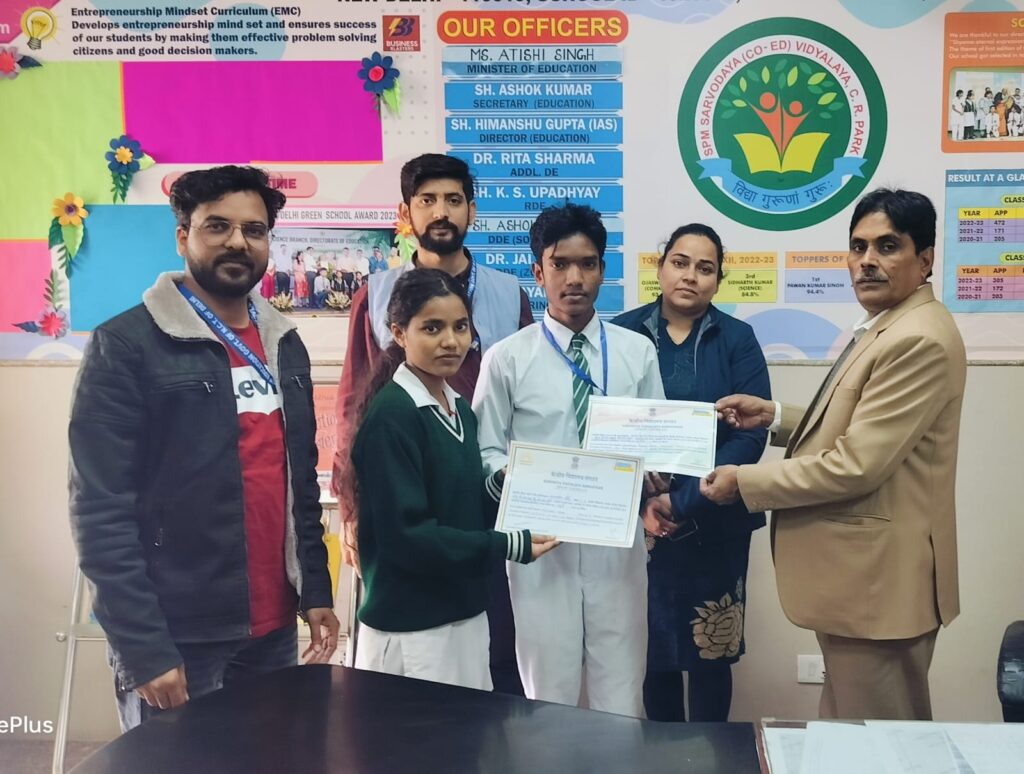
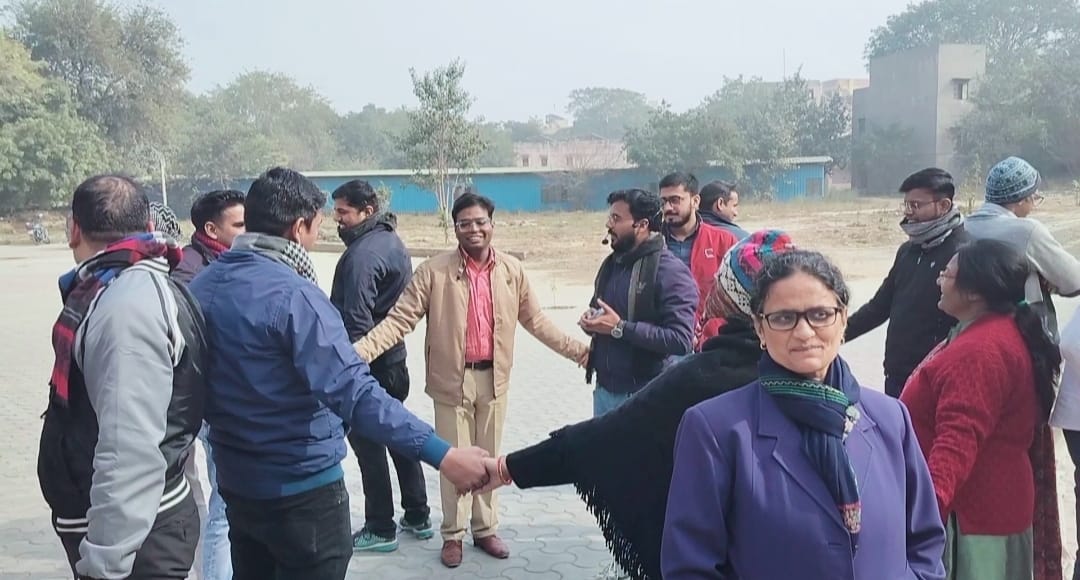
He believes in nurturing each student’s inherent talents. He prepared some students as volunteers, which helped them become disciplined and assist their peers in maintaining discipline. Regular Parent-Teacher Meetings (PTMs) were organized to improve attendance, establishing continuous communication with parents. This approach helped control problematic behaviors and fostered a positive change among students.
“Improvement was seen in children engaged in other disruptive activities. The children involved in the Eco-club did an excellent job and the school received the Green Award” he recalls.
This achievement led to the school principal honoring these students, which further boosted their morale and positive behavior. The school’s overall result improved, with some students passing the CUET exam (undergraduate entrance) and gaining admission to prestigious colleges.
Innovative Teaching and Learning Strategies
As a TDC, under the guidance of his Mentor Teacher, he organized various teaching activities and creative teacher workshops. These activities, including the Jigsaw method, Frayer’s model and Quick Exit strategy, that significantly enhanced the learning capacity of all students whether they are below average, average and bright students.
“The UNESCO-proposed course for social-emotional learning was also very beneficial. The Hook strategy from the TDC program helped create a conducive learning environment,” says Chetan Sir.
The learnings from TDC network meetings increased students’ safety, engagement and self-esteem, contributing to a more positive classroom atmosphere. An appreciation culture developed within the school environment, with two Academic Resource Team (ART) members awarded the STAR ART MEMBER AWARD annually, boosting efficiency of teachers and positively impacting the classroom environment.
The new activities introduced through the TDC program played a significant role in making the teaching-learning process interesting. “Recently, the Inside-Outside Circle Strategy introduced under LIC-14 made it easier for students to remember multiple-choice questions and short answers, transforming the classroom into a “learning through play” environment,” he notes.
The Time Management Strategy and Name Tag Activity under Learning Improvement Cycle-13 further improved classroom management and increased student participation. These new activities played a crucial role in making the teaching-learning process more interesting and engaging. His connection with students and parents simplified the teaching process.
Reflecting on his journey, he shares, “Every problem has a solution, and we should continuously strive to find it. A teacher is not just someone who teaches students but someone who makes learning easy for them and provides the courage to understand life values.”
His journey from a novice teacher to a transformative leader within the school community exemplifies the impact one dedicated individual can have on the lives of many students.

